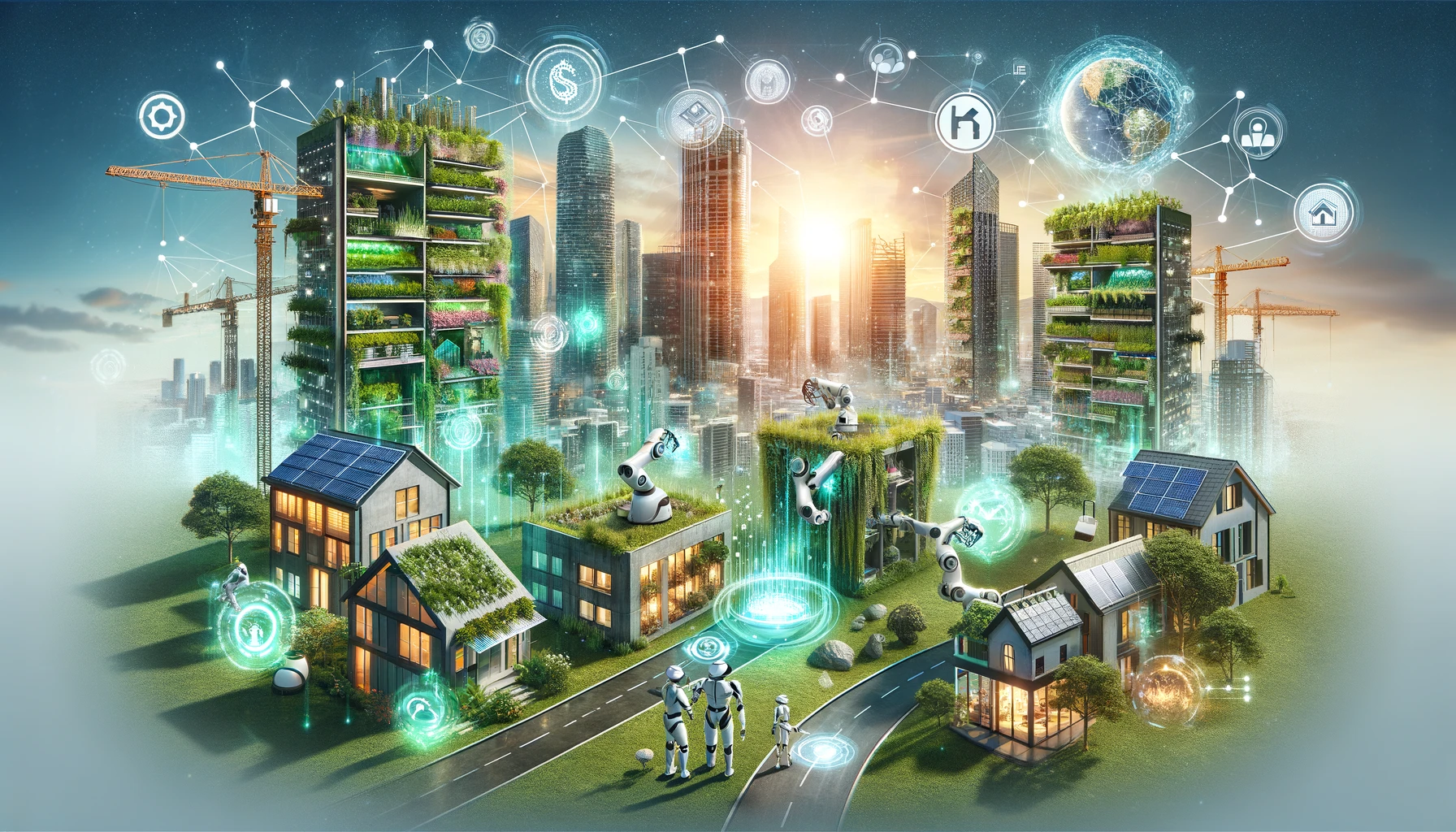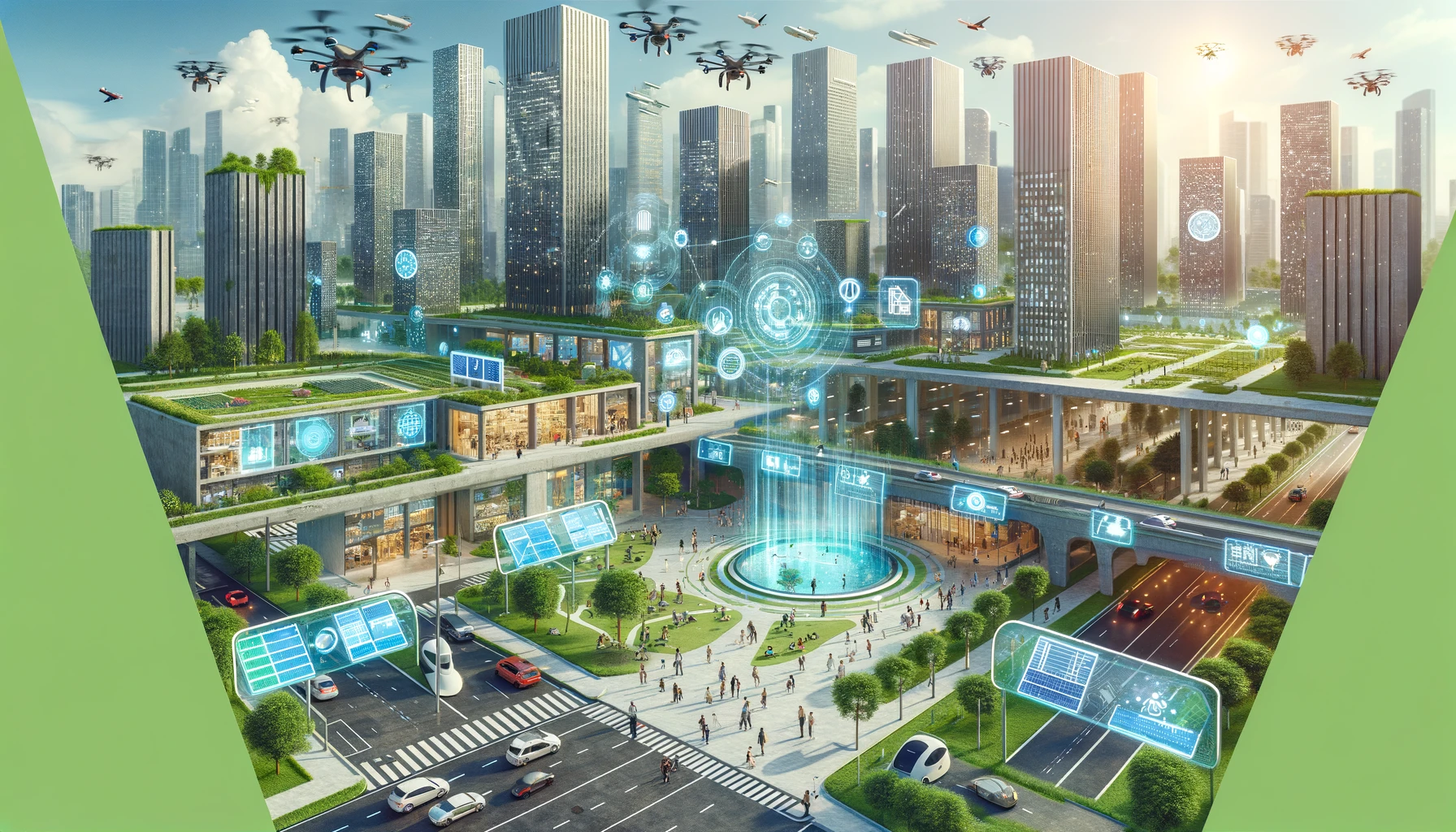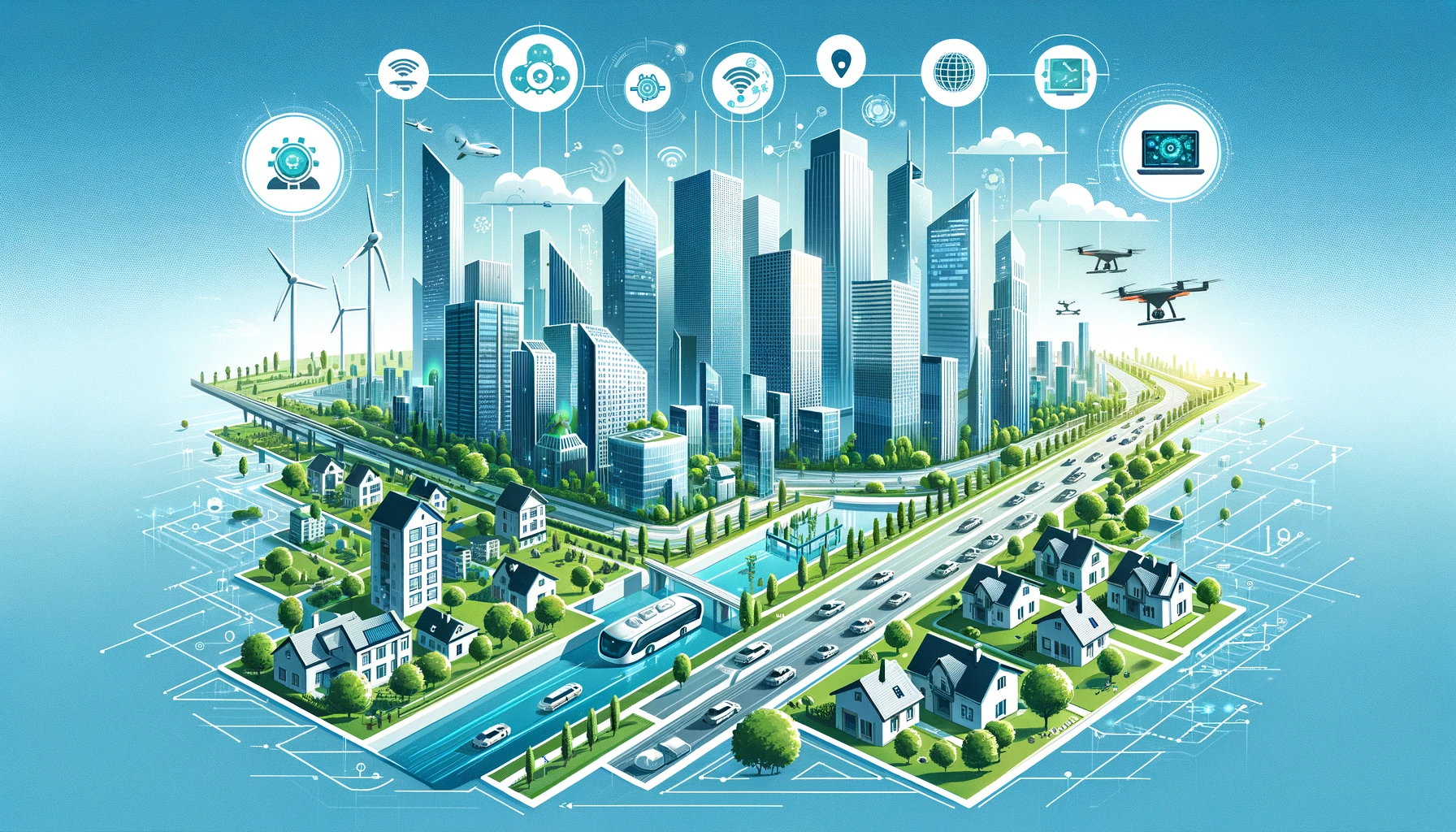Table of Contents
In the wake of last year’s economic turmoil, both the crypto and real estate markets faced significant challenges. However, amidst the volatility, the real estate sector is displaying resilience. As mortgage rates decline, homebuyer activity rises, albeit slowly due to the lingering effects of the pandemic. Yet, the scarcity of supply persists, bolstering the appeal of physical assets during inflationary periods, as highlighted by Elon Musk’s endorsement of homeownership.
While some anticipate benefits from industry consolidation, true disruption awaits, often catalyzed by innovative startups. The future of Proptech lies in these disruptors, set to reshape consumer behavior and challenge traditional players.
While some anticipate benefits from industry consolidation, true disruption awaits, often catalyzed by innovative startups. The future of Proptech lies in these disruptors, set to reshape consumer behavior and challenge traditional players.

Looking ahead to 2023 and beyond, the real estate landscape is primed for transformation fueled by technological advancements. Five key trends, underpinning the future of Proptech, promise to redefine industry norms and drive innovation. As we navigate this evolving landscape, understanding and embracing these trends will be paramount for stakeholders seeking to thrive in the changing real estate ecosystem.
1. Generative AI the Future of Proptech
In “The Future of Proptech,” the integration of artificial intelligence (AI) into the real estate industry is poised to revolutionize various facets of the market. With AI-driven innovations such as Prizma and OpenAI’s ChatGPT gaining momentum, the landscape is evolving rapidly. AI’s capabilities extend from generating lifelike property images to automating document analysis, freeing up professionals to focus on value-added tasks.
These advancements hold immense potential to enhance efficiency and productivity within the industry. Moreover, AI’s role isn’t limited to streamlining processes; it also fuels creativity among architects and designers. Tools like Midjourney, Dali, Stable Diffusion, and Picsart empower them to envision and render 3D spaces efficiently, paving the way for innovative real estate development and furnishing solutions.
However, amidst the excitement, it’s crucial to address concerns about accuracy and bias in AI algorithms. Biased training data could perpetuate inequalities and discrimination in the real estate market, highlighting the need for ethical AI development and usage. As we delve into the future of Proptech, it becomes evident that AI’s transformative influence will shape the industry’s trajectory, offering unprecedented opportunities and challenges to navigate.
2. Blockchain – Real World Assets and Proptech 3.0 Evolvement
“The Future of Proptech” is witnessing a transformative shift as the worlds of crypto and real estate converge. Initially wary of each other, Proptech VCs and Crypto VCs are now finding common ground in pursuing innovation. With the digitalization of real estate ownership accelerated by the pandemic, the rise of Real World Assets (RWAs) protocols is reshaping the landscape.
Proptech 3.0 emerges as the next wave, backed by real estate assets valued at over $300 trillion globally. With RWAs, peer-to-peer ecosystems offer enhanced security, transparency, and efficiency, poised to surpass traditional DeFi in value locked.
Smart contracts streamline processes, reducing errors and corruption risks. This digitalization can particularly benefit first-time homebuyers by simplifying the property ownership transfer process.
Liquidity, powered by NFT technology, resolves pricing and mobility challenges. Institutions are increasingly turning to DeFi for tokenized RWAs, while NFTs authenticate on-chain ownership. Visionaries like Ethereum co-founder Vitalik Buterin foresee NFTs revolutionizing real estate fractional ownership and portfolio management. As Peter Thiel remarked, real estate, the oldest market, is now rapidly evolving, heralding a future where Proptech unlocks unprecedented possibilities.
3. Decarbonization and Sustainability
In the evolving landscape of Proptech, the future is bright with a focus on sustainability. Moving from regions like Abu Dhabi and Dubai, where sustainability was a central concern, to Silicon Valley in 2016, highlighted a stark difference in attitudes towards sustainability in real estate. However, as evidenced by the success of carbon-focused ventures like Tesla and the booming carbon market, the tide is turning.
The real estate sector’s significant carbon emissions underscore the urgent need for decarbonization. This shift reduces environmental impact, offers cost savings, and enhances indoor air quality. Leading figures like Brendan Wallace of Fifth Wall recognize the potential for technology to drive sustainability in real estate, investing in innovations that decarbonize buildings.

From automation to smart-building technology, the future lies in integrating these solutions for more sustainable assets. As awareness grows and the imperative to combat climate change intensifies, real estate will play a pivotal role in carbon removal efforts, signaling a promising future for Proptech at the forefront of sustainability.
4. Contech – Innovation in Construction
“The Future of Proptech” heralds a promising shift in the real estate landscape, addressing the longstanding issue of affordable housing. Despite challenges exacerbated by the pandemic, advancements in construction technology, or content, offer a glimmer of hope. From 3D printing to robotics, these innovations promise to revolutionize affordability and sustainability in housing. Leaders like Alexey Dubov from Mighty Buildings highlight the trend toward cost-efficient, sustainable solutions.
Moreover, the integration of reg tech streamlines bureaucratic hurdles, expediting the construction process. Dennis Steigerwalt of the Housing Innovation Alliance emphasizes the swift adoption of new products, signaling a transformative era.
Notably, the convergence of technology and regulation fosters an environment where buildings can serve as energy generators, further bolstering accessibility and sustainability. As these developments unfold, the future of Proptech holds the potential to democratize homeownership and fulfill the American Dream for all.
5. Capital Flowing in Proptech
“The Future of Proptech” showcases a resilient industry poised for transformation despite a recent decline in global venture capital funding. Over the past 5 years, investment trends have been upward, reflecting the growing importance of technology in real estate. Venture capital firms like a16z and specialized funds such as Camber Creek are leading the charge, investing in innovative Proptech solutions.
This surge in investment is not just about financial returns; it’s about addressing critical societal issues like housing affordability. Proptech innovations streamline processes, create jobs, and stimulate economic growth, offering a pathway to financial stability for individuals and communities.

These trends, including generative AI, RWAs, Proptech 3.0, and contech, are shaping the future of real estate by enhancing security, transparency, and efficiency. As we move into 2023 and beyond, these advancements promise to revolutionize the industry, providing accessible, sustainable housing solutions and guiding real estate into a new era of innovation and progress.
Conclusion
In conclusion, “The Future of Proptech” is characterized by a convergence of technological innovation, sustainable practices, and a renewed focus on affordability and accessibility. Despite temporary setbacks in venture capital funding, the upward trajectory of investment reflects a steadfast commitment to leveraging technology for positive change in the real estate industry.
From the transformative potential of generative AI and blockchain-driven Proptech 3.0 to the promise of decarbonization and advancements in construction technology, the landscape is ripe with opportunities for innovation. These trends not only enhance efficiency and productivity but also address pressing societal and environmental challenges, paving the way for a more equitable and sustainable future.
As capital continues to flow into Proptech, fueled by visionary investors and pioneering entrepreneurs, the industry is poised to lead the charge toward a new era of real estate.
By embracing these advancements and fostering collaboration across sectors, we can unlock unprecedented possibilities to shape the way we live, work, and interact with our built environment. “The Future of Proptech” holds the key to unlocking a brighter, more inclusive future for real estate, where technology catalyzes positive transformation and societal progress.